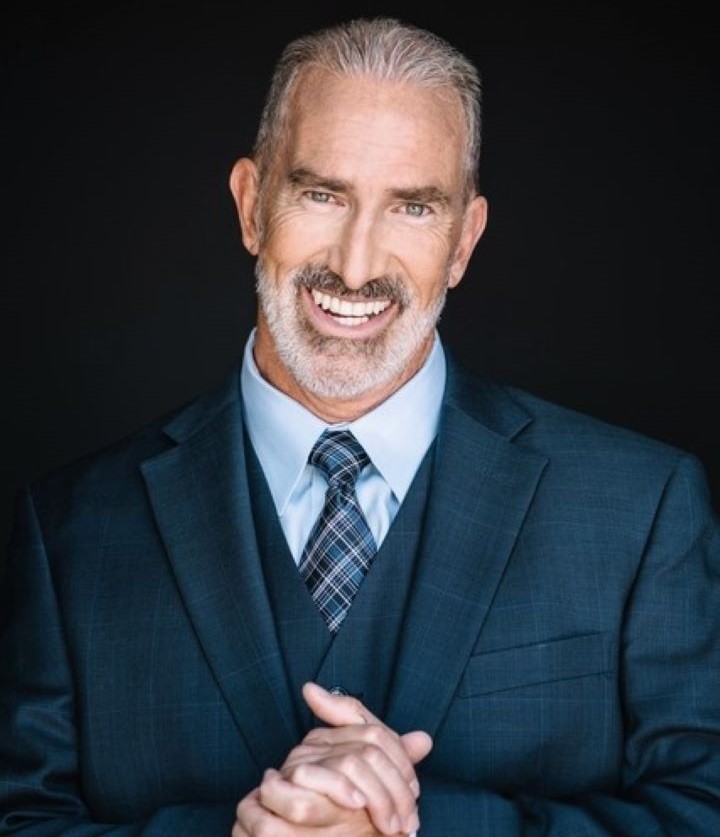In today's AI-driven business landscape, the pressure to innovate and appear innovative has led many companies to adopt recruitment technologies without a clear sense of purpose. As Peter Heyer, veteran recruiter and founder of Heyer Expectations, points out, this blind embrace of automation risks doing serious harm not only to hiring outcomes but to company culture, brand integrity, and ultimately the bottom line.

Around 88% of companies use AI for their recruitment process globally today. While this embodies the zeitgeist of the current modern world, it also uncovers a new set of unseen challenges.
Recruitment has always been a deeply human process. It lies in chemistry, ambition, values, and communication, going beyond a mechanical and skilled process. Yet, Heyer notes, many businesses are increasingly relying on AI agents to screen, assess, and even select candidates, often without a human touch until the final stages.
In some cases, companies are outsourcing their entire recruitment function to AI-based systems that promise speed and scalability. And the results don't look effective. Candidates are interacting with bots, filtered out by algorithms based on tone or keywords, and shortlisted for interviews without ever speaking to a human being.
This trend might seem efficient, but Heyer challenges business leaders to consider what they're sacrificing in the name of optimization. "Is that the best representation of your company?" Heyer asks. "Your people are your brand. If you're automating your hiring to the point where you're only engaging with AI-generated CVs being evaluated by AI tools, you're no longer in control of who's carrying your message forward. If people are having their CVs written by AI, why would AI not pick it? It wrote it."
For companies where humans are the product, whether that's through client services, technical innovation, or leadership, this approach is fundamentally flawed. A recruitment process that removes human intuition fails to uncover the most essential qualities in a candidate: passion, creativity, empathy, and alignment with purpose. These are not things an algorithm can reliably detect.
Heyer is not opposed to AI. In fact, he recruits AI and machine learning professionals himself and works with many businesses on the cutting edge of technology. He respects the capabilities of AI as a funneling tool, particularly useful for processing large datasets, automating repetitive tasks, and streamlining early-stage screening. But he's clear that these tools should support the recruitment process, not replace it. "AI is a brilliant assistant," he says, "but it's not a hiring manager."
The misapplication of AI in recruitment also raises deeper concerns about bias and representational equity. Heyer warns that bias in AI models, often reflecting the worldview of the developers who built them, can perpetuate exclusionary patterns, eliminating highly qualified individuals who don't fit the system's assumptions. This can result in a homogenized workforce, devoid of the diverse thinking and lived experiences that drive innovation.
Beyond this, there's a practical cost to hiring wrong. The turnover of employees is one of the most expensive hidden costs businesses face. Heyer often encounters leaders reluctant to pay a professional recruiter, believing they can manage the process in-house. But the reality is that CEOs and VPs are not hiring experts, and every hour they spend searching, screening, and interviewing is an hour they're not driving the business forward. "If you're running your company and trying to recruit at the same time, you're paying twice," Heyer explains. "Not only are you not doing your own job well, you're also doing a job you're not trained for."
What makes Heyer's perspective so compelling is the moral clarity he brings to the recruitment conversation. At Heyer Expectations, the focus is not just on filling roles but on ensuring the talent placed is fully aligned with the client's mission and values, not biased numerical data. This philosophy has paid off. Heyer notes he's now built a company with strong retention rates, rooted in a reputation of honesty and results in an industry not always known for either.
Heyer also cautions against trying to emulate the hiring strategies of the Big Five tech firms. These companies have the scale, infrastructure, and brand magnetism to operate differently. But for SMEs, particularly those experiencing rapid growth or new investment, copying these approaches often leads to misalignment. "Just because a tech giant automates hiring doesn't mean it will work for you," he says. "Your size, culture, and values require a different approach."
Looking ahead, Heyer hopes more businesses will embrace a balanced model, one that uses AI to boost efficiency, but keeps human intelligence at the heart of hiring decisions, akin to the very nature of the profession. He believes the smartest companies in the future will be those that understand their brand is built not by machines, but by people. "Technology should serve your business, not define it," he says. "And if your business depends on humans, then your hiring process should be human too."
In a market obsessed with speed and scale, Heyer's message is a call to return to what really matters. Where investing in the right people, not just the fastest process, is key. Because at the end of the day, a company is only as good as the humans behind it.
ⓒ 2026 TECHTIMES.com All rights reserved. Do not reproduce without permission.





